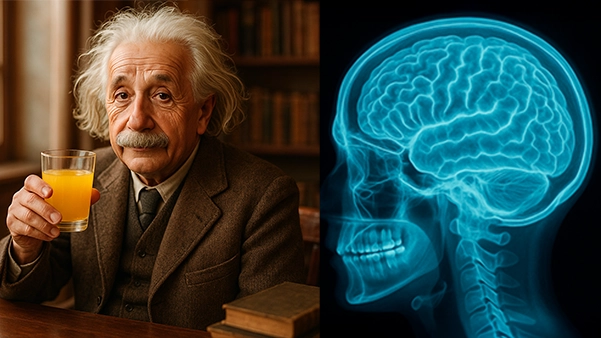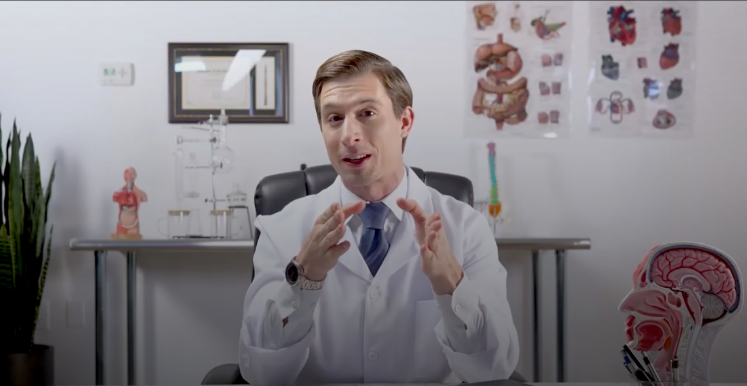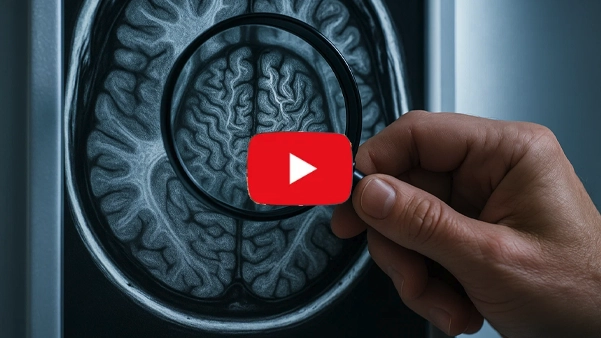
>>Learn More
Trending Topic
Check out how this morning trick that Albert Einstein did every day could permanently reverse memory loss by 2025!
Advertorial
Published: 13/08/2025

What Albert Einstein’s brain taught the world about memory loss and even dementia and Alzheimer’s?
A lot!
After Albert Einstein’s death, a researcher from Princeton studied his brain and found that it was very different from the average brain.
Not in size or weight, but in the vast number of neural cells and connections.
In other words, Albert Einstein had a dense brain.
How can this help you?
You’ll be surprised.
Einstein lived to an old age…
Dying from an abdominal aneurysm caused by excessive pipe smoking…
But even in his later years, his thinking skills remained highly effective.
This happened because his neural cells and connections were so vast and dense that the type of brain decline we associate with dementia never managed to take hold and cause damage.
As a result, Einstein maintained his considerable mental capacity until his last breath.
According to Dr. Mark Harrison—a brain health authority and author of the book “The Unbreakable Brain”…
“Memory loss is really just a loss of brain cells and their connections.”

“But the good news,” says Dr. Harrison, “is that you can build more neural cells and connections regardless of your age.”
And you don’t have to be a genius like Einstein to do it.
In a special video presentation, Dr. Harrison highlighted some foods that can damage your neural connections over the years.
In this presentation, he also included a case study about his father, who suffered from “severe cognitive decline” and almost caused an irreversible accident during one of his episodes…
And how he ultimately solved his father’s problem once and for all.
Additionally, in this presentation, he revealed a trick to completely restore memory using some natural foods that you can start right now without leaving your home…
And strengthen your brain, stay alert, preserve your memory, and resist decline and diseases like dementia or Alzheimer’s, even potentially reversing these issues and returning to being a completely normal person.

- Terms of service
- Privacy Policy
- Returns
- Disclaimer
- Contact